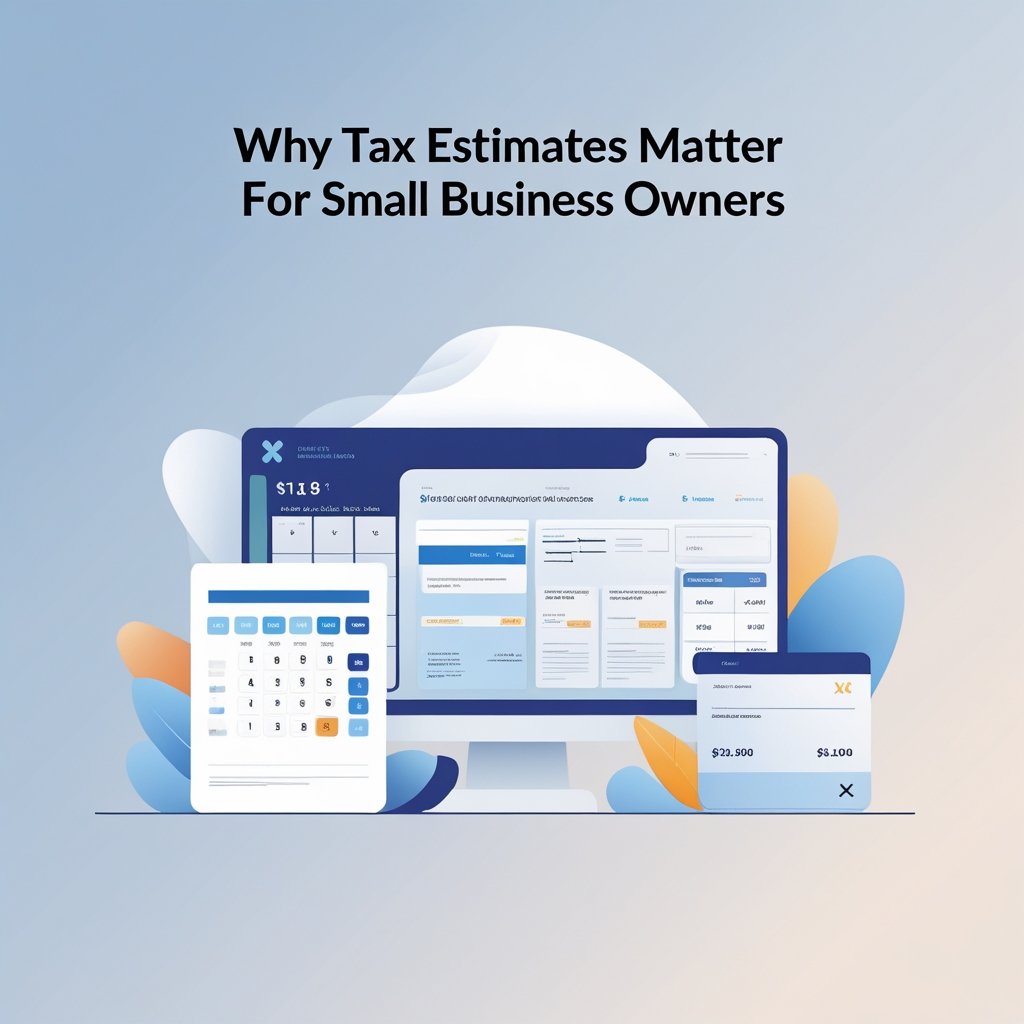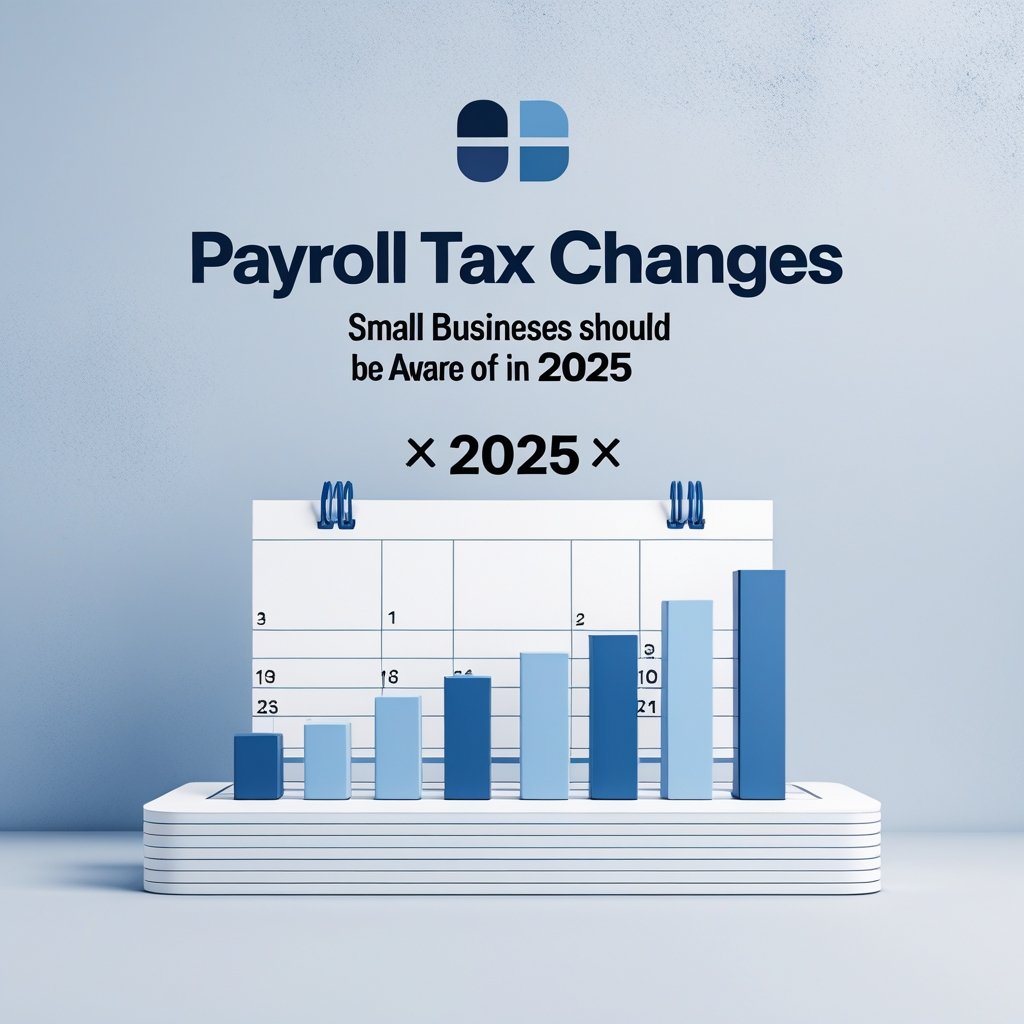Purchasing your first home is an exciting milestone, but it also comes with a number of responsibilities, and taxes are one of the most important aspects to understand. Whether you’re buying a house for the first time or just looking for tips on how to navigate the tax implications of homeownership, there are several tax benefits and considerations to keep in mind. In this guide, we’ll walk you through the most important tax-related topics that every first-time homebuyer should know.
- Mortgage Interest Deduction
One of the most significant tax benefits for homeowners is the mortgage interest deduction. This allows you to deduct the interest you pay on your mortgage from your taxable income, which can result in significant savings, especially in the early years of your mortgage when interest payments tend to be higher.
- What qualifies: You can deduct interest on loans for your primary residence and, in some cases, a second home. The loan must be secured by the property and used to buy, build, or improve the home.
- Limits: As of recent tax reforms, you can deduct interest on mortgage debt up to $750,000 for loans taken out after December 15, 2017. For mortgages taken before this date, the limit is $1 million.
- How to claim: You’ll need to itemize your deductions on your tax return to claim the mortgage interest deduction. If you take the standard deduction, you won’t be able to claim this benefit.
- Property Tax Deductions
Another key tax break for homeowners is the ability to deduct your property taxes. This includes any taxes assessed on your home by local, state, or federal governments.
- What qualifies: You can deduct the property taxes you pay each year on your primary residence, as well as on any other real estate you own (such as a second home or rental properties).
- Limits: The total deduction for state and local taxes (SALT), including property taxes, is limited to $10,000 ($5,000 for married individuals filing separately) under current tax law. This means that if you pay a large amount in property taxes, you might not be able to deduct the full amount if your SALT deductions exceed this limit.
- First-Time Homebuyer Credit (Outdated but Worth Mentioning)
While the First-Time Homebuyer Credit was a popular tax incentive for first-time buyers during and shortly after the 2008 financial crisis, it is no longer available for new home purchases. However, some states still offer similar credits or incentives for first-time homebuyers.
- State Programs: Check your state’s tax laws to see if there are any homebuyer programs or credits available for first-time buyers. Many states provide grants or down payment assistance that can help reduce the cost of purchasing your first home.
- Rebate Programs: Some local governments and non-profit organizations also offer programs for first-time buyers, which may include tax incentives, closing cost assistance, or even subsidized mortgage rates.
- Capital Gains Tax Exemption on Sale of Your Home
As a first-time homebuyer, it’s helpful to think ahead and consider what happens when you eventually sell the house. The good news is that there’s a capital gains tax exemption for homeowners who meet certain requirements.
- Exemption limits: If you sell your home and make a profit, the IRS allows you to exclude up to $250,000 in capital gains ($500,000 for married couples filing jointly) from taxes, as long as you meet certain conditions.
- Conditions:
- You must have owned the home for at least two years.
- You must have lived in the home as your primary residence for at least two of the last five years before selling.
- Why it matters: If you sell your home for a profit, you could avoid paying taxes on a substantial portion of that gain, making it easier to upgrade or move without a big tax burden.
- Private Mortgage Insurance (PMI) Deductions
If you’re putting down less than 20% on your home, you’ll likely be required to pay Private Mortgage Insurance (PMI). Fortunately, you may be able to deduct PMI premiums on your taxes, depending on your income level.
- Eligibility: As of recent tax laws, PMI deductions are available if your income is below certain thresholds. For example, if your adjusted gross income (AGI) is under $100,000 ($50,000 for married individuals filing separately), you may be able to deduct your PMI premiums.
- How it works: If you’re eligible for PMI deductions, it will be treated similarly to mortgage interest in terms of tax benefits. Keep in mind, this deduction may be phased out as your income increases.
- Energy-Efficiency Tax Credits
If you’re planning to make energy-efficient upgrades to your new home, you might be eligible for tax credits related to energy-saving home improvements.
- What qualifies: The Residential Energy Efficient Property Credit allows you to claim a tax credit for certain energy-efficient improvements, such as solar panels, solar water heaters, and wind turbines.
- Federal Tax Credits: You can claim 26% of the cost of qualified solar energy systems installed on your property (this is scheduled to drop to 22% in 2023 unless extended). Other home improvements like energy-efficient windows, doors, and insulation may also qualify for deductions under different programs.
- State Programs: Many states offer additional incentives for energy-efficient upgrades, so be sure to check local programs for further savings.
- Home Office Deductions (If Applicable)
If you’re self-employed or work from home, you may be eligible for a home office deduction. This allows you to deduct a portion of your home expenses, such as mortgage interest, property taxes, and utilities, based on the percentage of your home used for work.
- How it works: The deduction is calculated either using the simplified method (which allows a standard deduction of $5 per square foot for up to 300 square feet) or the regular method, which involves calculating actual expenses related to the business use of your home.
- Eligibility: The space must be used exclusively for business purposes. For example, if you work from a home office but also use the room for personal purposes, you may not qualify for this deduction.
- Tax Filing After Purchasing Your First Home
After you purchase a home, your tax filing may become more complex. Be sure to keep track of all your expenses and any documents related to your home purchase, including:
- Mortgage statements (Form 1098) showing the amount of mortgage interest you’ve paid.
- Property tax bills showing the amount of taxes paid.
- Closing costs associated with your home purchase (some of these may be deductible depending on the circumstances).
- Energy-efficient home improvements receipts if you’re claiming credits.
You may also want to consult a tax professional to ensure you’re maximizing all the deductions and credits available to you.
The Riwa is your one-stop financial partner, providing reliable tax, payroll service. We help businesses and individuals across the USA.
Contact us: info@theriwa.com & Visit our website : theriwa.com






